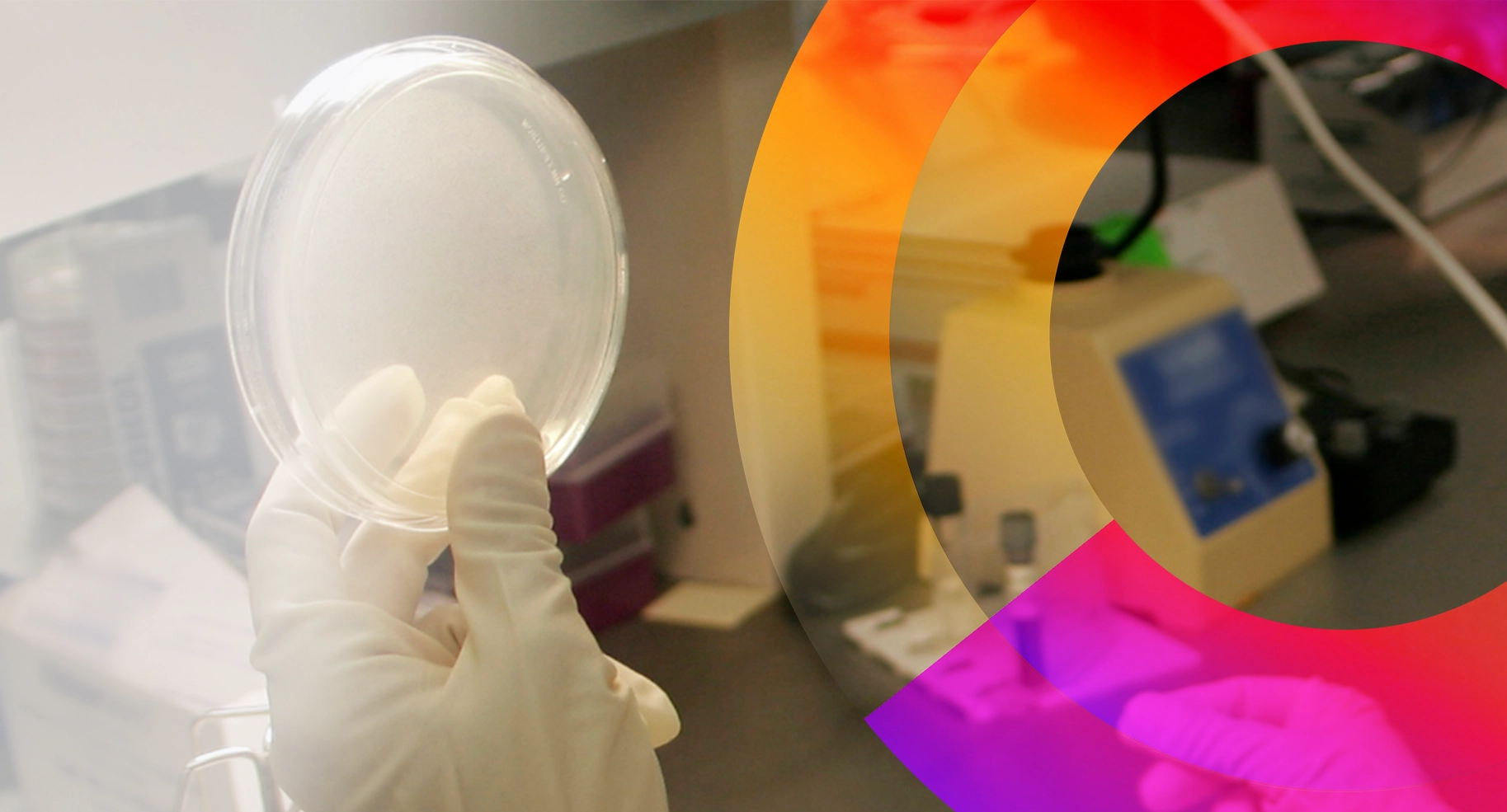April 7, 2020
April 7, 2020
The COVID-19 pandemic forced countless companies to change the way they do business in order to continue operating while protecting employees and upholding their social responsibility to the community.
This includes drug and device sponsors, marketing authorization holders, and manufacturers who had to quickly adapt processes in order to maintain the supply chain for their critically needed products. Even in the face of a pandemic, organizations needed to perform GxP audits to verify compliance for processes and guidelines.
To qualify/re-qualify critical suppliers and vendors while complying with “stay at home” mandates and social distancing requirements — organizations turned to virtual audits as a solution.
If you are an organization looking to adapt your processes by utilizing virtual audits, we’ve created this resource to assist with your transition.
Virtual, also known as remote audits, are performed electronically, without the need for face-to-face interaction between an organization and the auditing party. All information is exchanged digitally rather than through paper forms. In some cases, these audits may require the use of live video streaming for conferences or even a walkthrough of facilities. Most activities in a virtual audit should be performed off-site, but some circumstances may require the auditor to visit the facility as well.
Health authorities have provided guidelines to organizations, especially for clinical trials. For example, the FDA, as part of the Medical Device Single Audit Program (MDSAP), has provided some guidance for performance of virtual auditing (Document No. MDSAP AU P0036.001, Effective 13 Jan 2020) which is of course directly applicable to a Medical Device Audit, but the concepts are also very adaptable to Pharmaceutical/ biologic audits of API facilities, CMO’s, Supplier, and Vendor Audits.
EMA and MHRA also published several GxP guides with best practices in different topics for use during and after this COVID-19 pandemic period. If you’re wondering how to perform a virtual audit, start with these guidelines and tips:
While initially organizations were forced to turn to virtual audits during the COVID-19 pandemic, many have realized the benefits of conducting these processes online. To help you determine if this makes sense for your organization, here are the benefits and drawbacks of conducting virtual audits:
There is no doubt that performing an audit on-site has its advantages and allows the auditor to examine processes in real-time, conduct a physical tour of the facility, and observe visual cues and non-verbal communication with the audited firm. However, the COVID-19 crisis has forced companies to adapt and utilize other solutions. A virtual audit is an excellent solution to allow for business continuity and ensures that critical suppliers and vendors continue to function within a state of compliance as an extension of your firm. Even after the pandemic subsides, many organizations may continue to utilize virtual audits due to the associated benefits.
ProPharma Group can help you establish and maintain a common-sense, risk-based supplier management program while utilizing tools such as virtual auditing to fulfill your business continuity requirements. Contact us to get started today!
TAGS: Compliance

August 1, 2023
Welcome to Part 2 of our blog series on "What You Need to Know About GxP Independent Compliance Audits." In Part 1, we discussed the importance of GxP audits, the different audit types, and why...

October 23, 2023
In today's highly regulated pharmaceutical, biotechnology, and healthcare industries, maintaining compliance with GxP Practices, and other regulatory requirements is paramount. Failure to meet these...